A killer whale, also known as the great black dolphin, orca, scientific name Orcinus orca, attacked a sailing ship in the Strait of Gibraltar, the passage from the Atlantic Ocean to the Mediterranean Sea, on May 4.
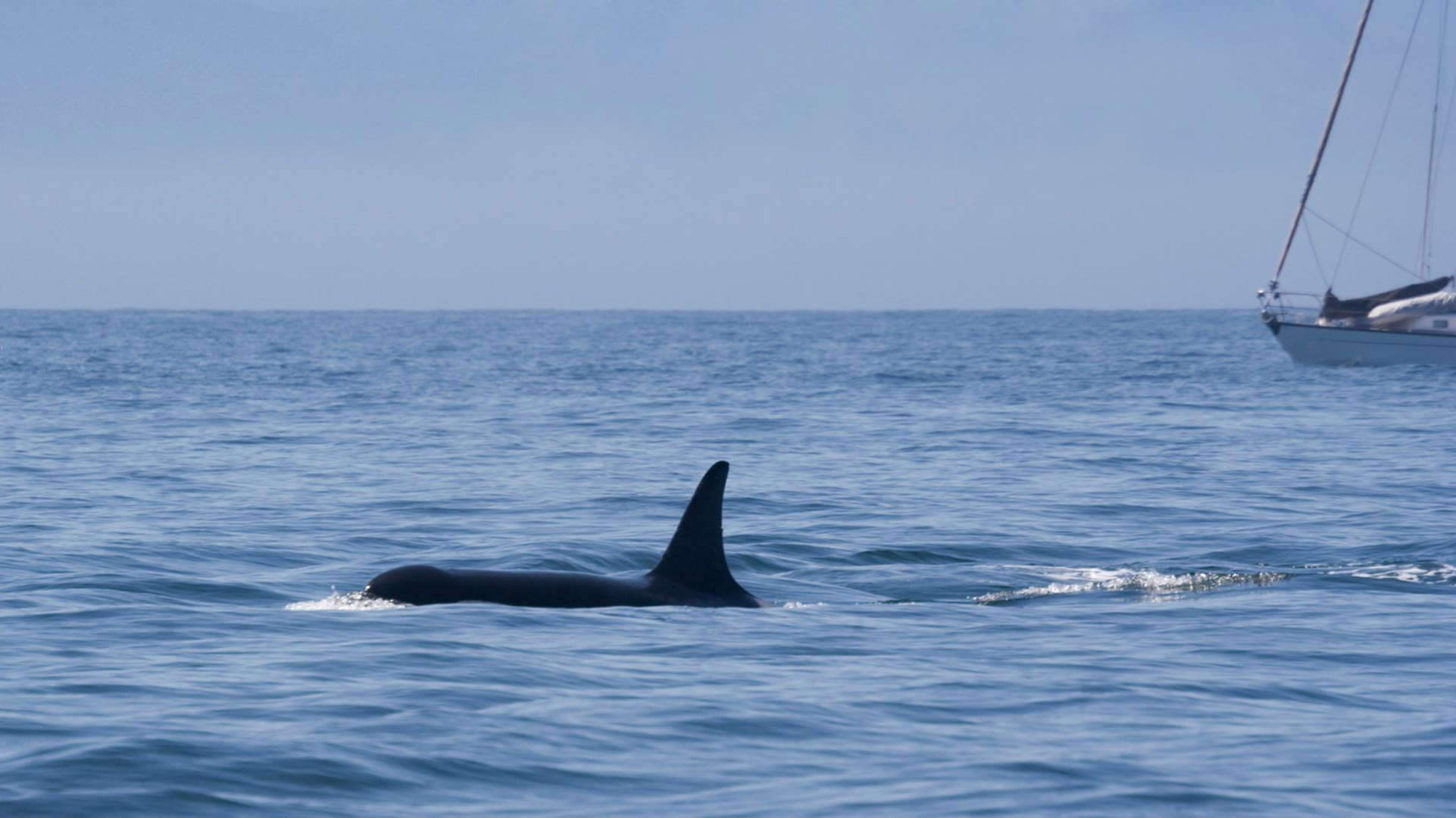
Killer whale strikes on boats near Iberian Peninsula increase since 2020
Captain Werner Schaufelberger told German publication Yacht that two small ones and one large one attacked the boat. "The two small ones were shaking the rudder behind them, while the large one kept backing away and ramming the boat with all its might," he said.
The captain said the smaller ones imitated the larger ones and then rammed the boat as well. The Spanish Coast Guard rescued the crew and towed the boat to the port of Barbate, but it sank at the entrance to the port.
Two days earlier, a pod of six killer whales attacked another sailing ship passing through the strait. Greg Blackburn, who was on board, told 9news that he saw the mother whale appear to be teaching her calves how to lunge at the rudder.
Reports of aggressive encounters between killer whales and boats off the coast of the Iberian Peninsula began to emerge in May 2020 and have become increasingly frequent, according to a study published last June in the journal Marine Mammal Science . The attacks appear to be primarily directed at sailing vessels and follow a clear pattern: the school approaches from behind and attacks the rudder, then loses interest after successfully stopping the boat.
Reports of collisions have been increasing since 2020 in places where killer whales are found, such as Galicia (northwest Spain) or the Strait of Gibraltar, said study co-author Alfredo Lopez Fernandez, a biologist at the University of Aveiro (Portugal) and a representative of an organization on Atlantic killer whales.
He said there have been more than 500 recorded incidents since 2020, with three boats sinking. Most of the encounters are harmless. “We estimate that the killer whales choose just one boat out of hundreds traveling in the same location,” Fernandez said. Meanwhile, researchers suspect that a traumatic event changes the behavior of one killer whale, which the entire pod then follows, according to Live Science .
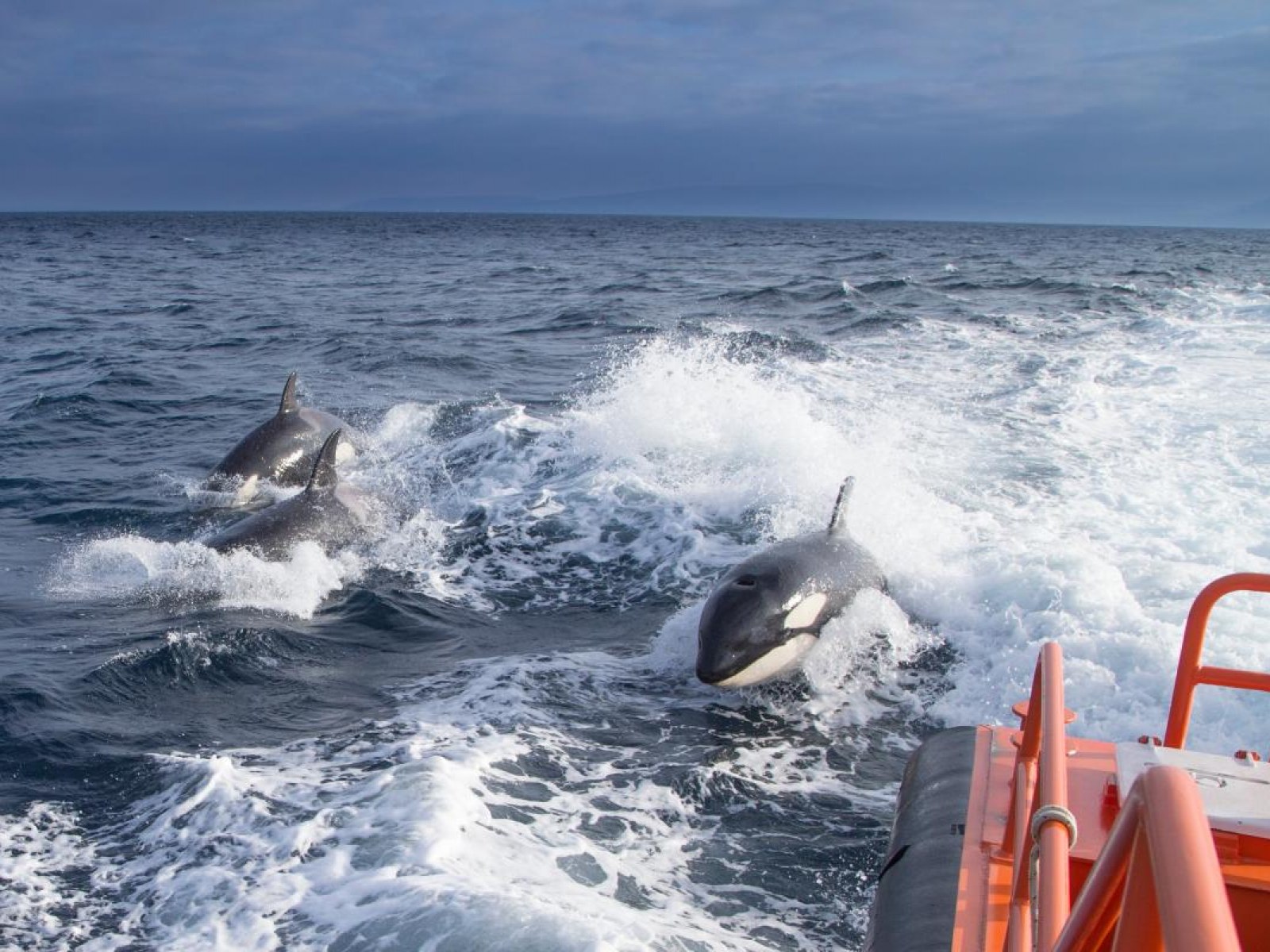
Killer whale chasing a boat
SPAIN MINISTRY OF TRANSPORT
"Killer whales do it on purpose. Of course we don't know the source or the motive, but the trauma-induced self-defense behavior is becoming more and more convincing to us," said Fernandez.
Experts suspect that a female killer whale named White Gladis, which had been hit by a boat or caught in an illegal fishing net, changed her behavior after that event, leading to encounters with ships.
According to one study, killer whales are social animals that can learn and imitate the behaviors of others. "We don't interpret that as orcas teaching their young, although the behavior is transmitted vertically from adult to young, simply by imitation, and then horizontally between young, because they consider it important for them," Fernandez said.
Killer whales suddenly attack boats in Spain
Mr Fernandez said the orcas may see this behaviour as beneficial despite the risks involved in ramming boats. Since the incidents began in 2020, four orcas have died in Iberian waters, although no direct link to the encounters with boats has been established.
Experts also believe that this unusual behavior may be a temporary pleasure for killer whales. "They are extremely curious and playful animals, so this may be more of a game than an aggressive behavior," killer whale researcher Deborah Giles at the University of Washington (USA) told Live Science .
The increased collisions have become a concern for the safety of sailors as well as the Iberian killer whale population, which is listed as critically endangered on the International Union for Conservation of Nature (IUCN) Red List. A study last year found that as of 2011, there were only 39 Iberian killer whales recorded.
Source link




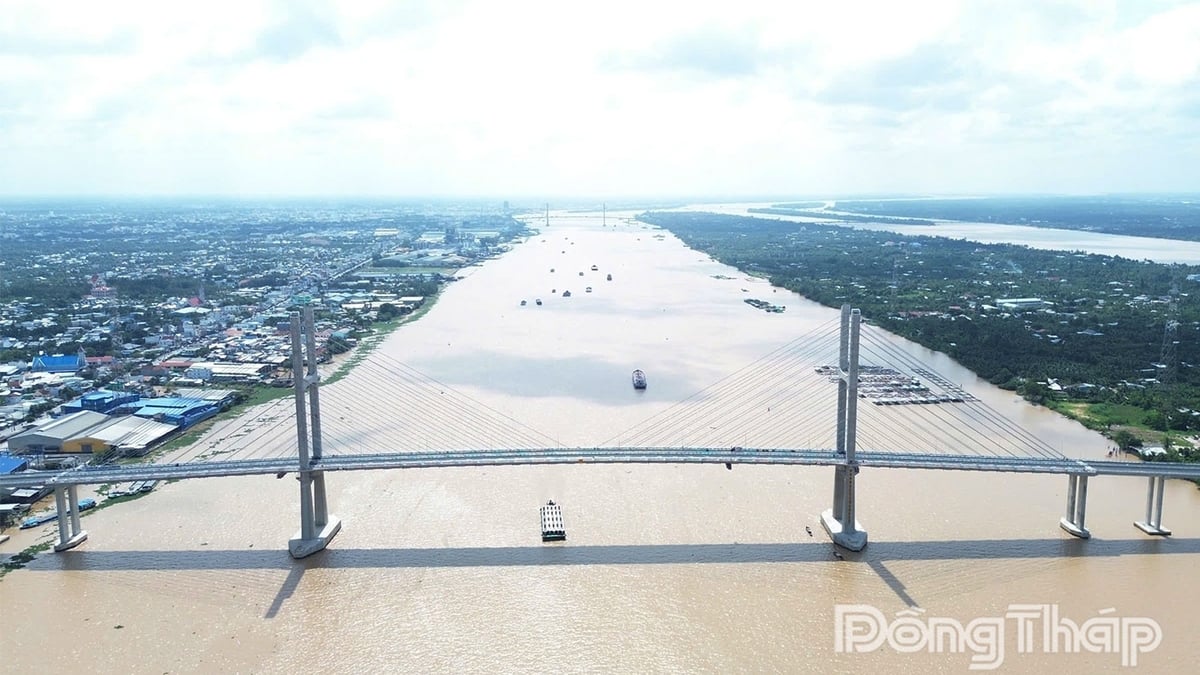
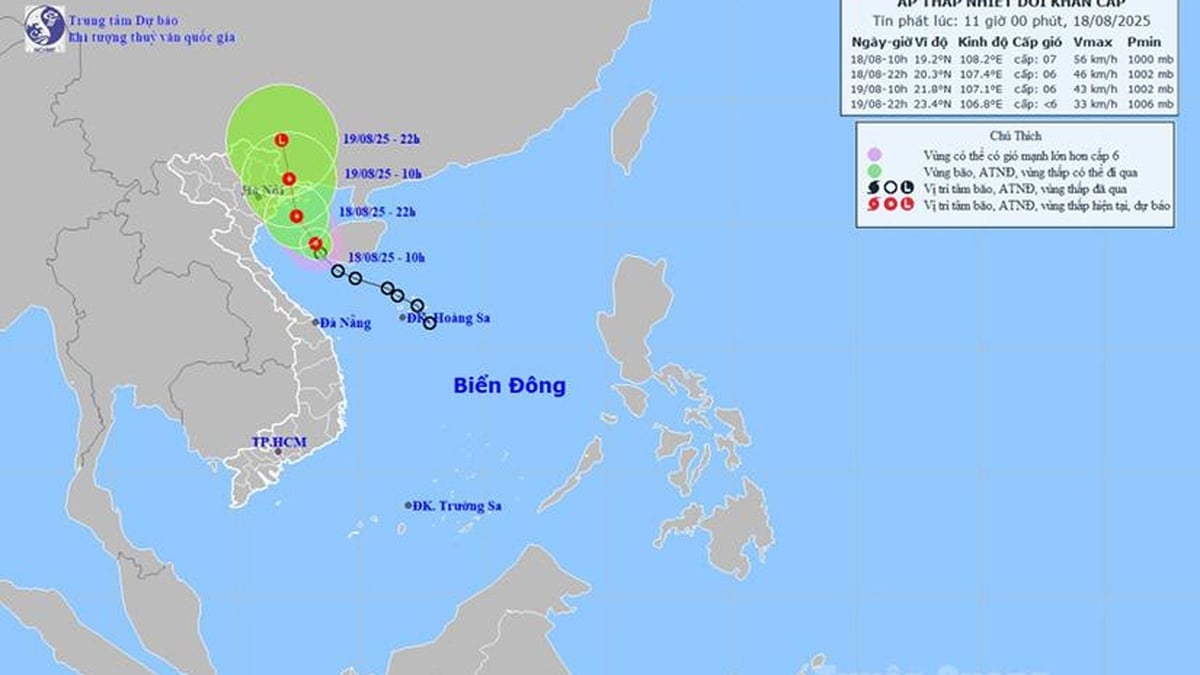



















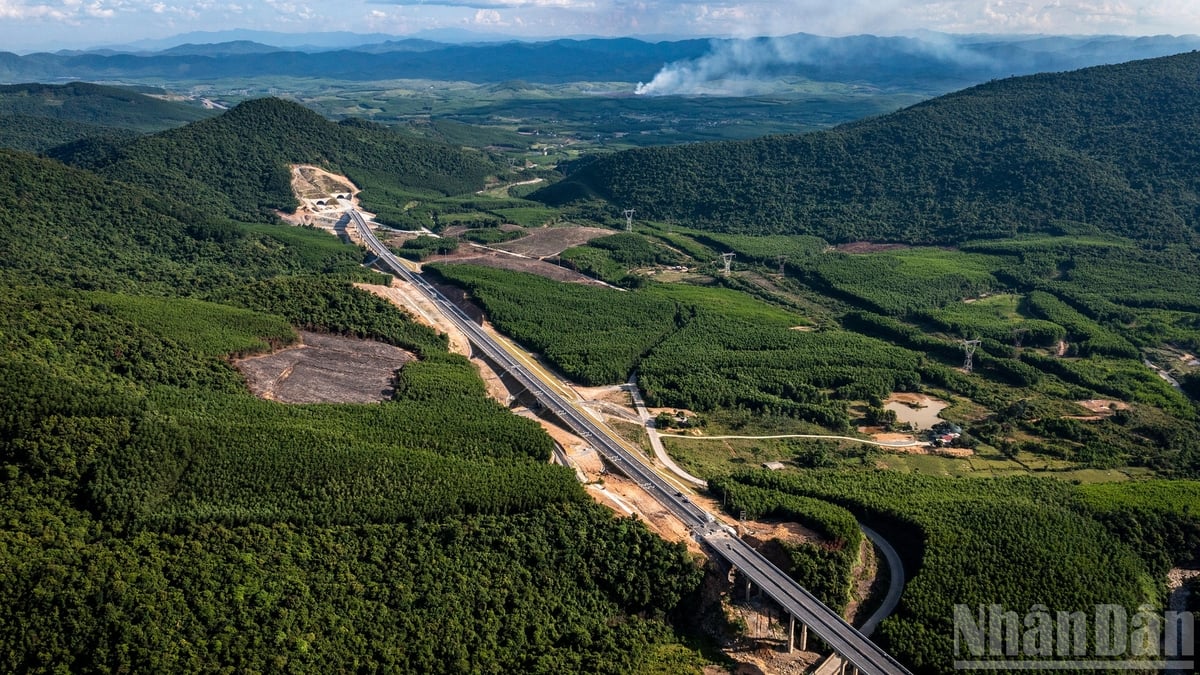


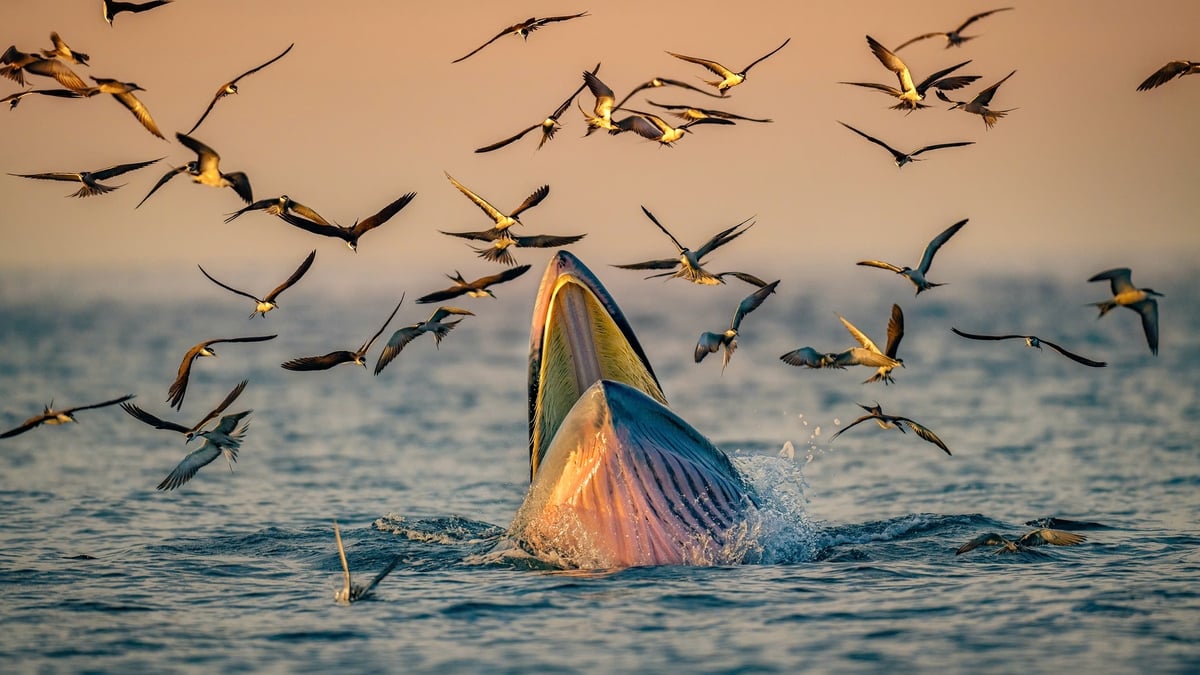








































































Comment (0)